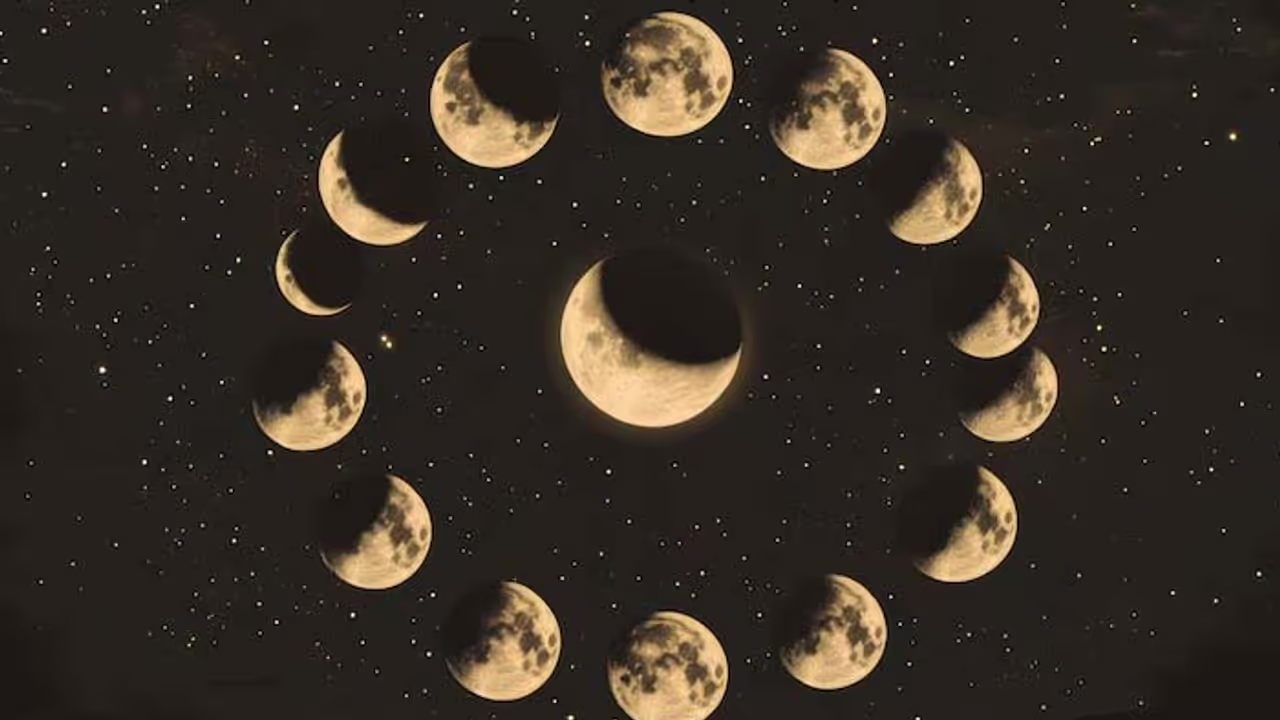Moon gardening remains a fascinating blend of tradition, observation, and belief. Whether backed by science or cherished folklore, aligning planting with lunar phases can be an engaging and rewarding gardening experience.
Moon gardening is an ancient practice that aligns planting and harvesting with lunar phases. While some swear by its effectiveness, others question its scientific basis. Let’s decode the myths and facts surrounding moon gardening in this guide.

What is Moon Gardening? Myths and Facts Decoded
1. Understanding Moon Gardening
Moon gardening follows the belief that the moon’s phases influence plant growth, much like they affect ocean tides. Advocates claim that sowing seeds, watering, and harvesting at specific moon phases can boost plant health and productivity.
2. The Science Behind Lunar Gardening
While the moon does impact water movement, scientific research does not strongly support its direct effect on soil moisture or plant growth. However, traditional farming communities continue to follow moon-based planting calendars based on generations of experience.
3. New Moon and Waxing Phases: Best for Leafy Growth
It is believed that the new moon and first quarter phases promote leaf and stem growth, making them ideal for planting vegetables like lettuce, spinach, and herbs. The increasing light is said to enhance upward growth.
4. Full Moon and Waning Phases: Best for Root Development
Gardeners following moon cycles often plant root crops such as carrots and potatoes during the full moon and waning phases. The decreasing light is thought to strengthen roots and underground growth.
5. Myth vs. Reality: Does Moon Gardening Actually Work?
While anecdotal success stories exist, scientific evidence remains inconclusive. Factors like soil quality, climate, and watering schedules play a more crucial role in plant development than lunar phases.
6. Cultural and Historical Significance
Many ancient cultures, including Indigenous communities, followed moon gardening principles based on natural rhythms. Whether fact or folklore, the tradition continues to hold a deep-rooted significance in agricultural history.
7. Should You Try Moon Gardening?
If gardening by the moon interests you, experiment with small plant batches and track results. While scientific proof is limited, observing lunar cycles could help create mindful gardening routines.


